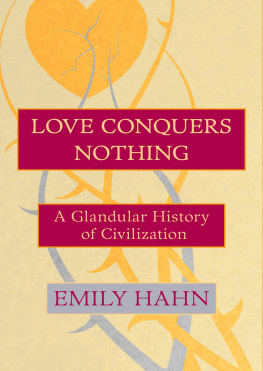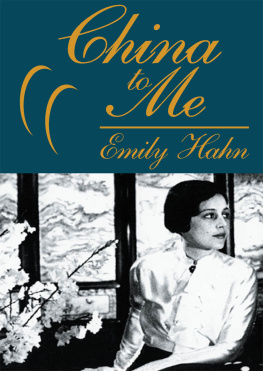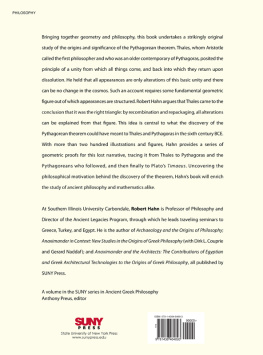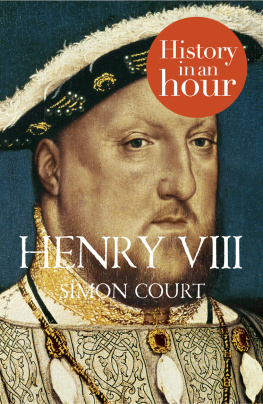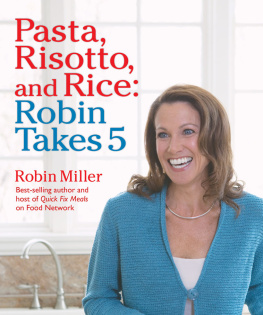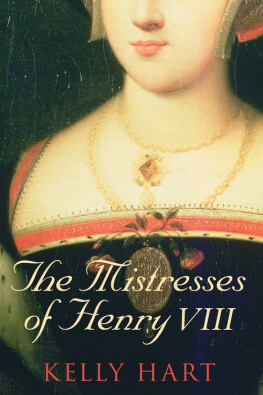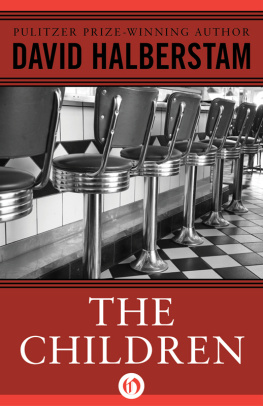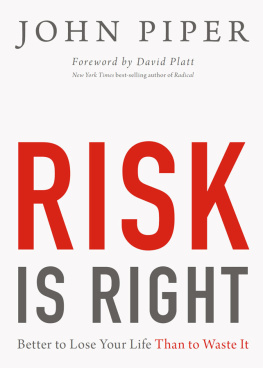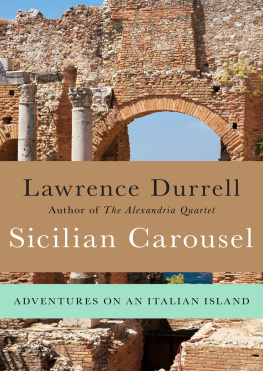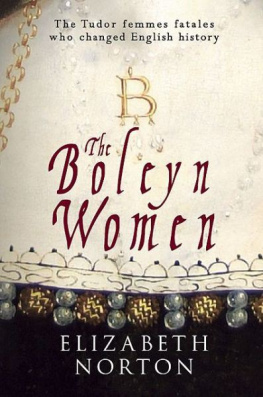Love Conquers Nothing
A Glandular History of Civilization
Emily Hahn
Foreword
Bibliographies are growing overornamented. If we do not look out they will suffer the fate of the trilobite, which committed race suicide by adding more and yet more trimming to itself. The same danger threatens the customary authors acknowledgment, which is getting sillier and sillier. Thanks are due the gallant public libraries of Maryland, Louisiana, and Vancouver. Thanks are due my courteous, loyal typing agency, without which this book would never have been typed.
It is high time to ask the question: what should a bibliography be? If only critics would get their ideas sorted out on the subject, I would be less confused when preparing mine. Ive always thought a bibliography is there to show where the writer got his source material. It need not be a dump heap of all the books from which I may possibly have extracted vague bits of atmosphere, nor a list of titles included in the name of general culture. A bibliography is not intended for showing off, on either the authors or reviewers part. According to my ideas, its included for the convenience of that forgotten man, the reader.
Anyway, Ive now worked myself into such a temper that I am not going to use a bibliography at all. The list would be too long and pretentious, considering the number of characters discussed in the text. After all, any reader who wants to can employ a library card index. I did. Let it be understood between us, then, that Ive read a lot, though not nearly everything there is to be read on my subjects.
A few comments, nevertheless, seem to be in order. Grudgingly I vouchsafe the information that I used E. V. Rieus translations of Homer for the Helen chapter. My husband found me the material on Nzinga, mostly in Dappers Africa. Thanks are due my husband.
The direct quotation in the Cleopatra chapter I owe to Weigall.
The Sappho translations come from various anthologies. Two are from the Lindsay Homage to Sappho, which, for some incomprehensible reason, is on the restricted list of the British Museum Reading Room, and so must be read very close to the main desk, under the attendants suspicious eye. It really isnt as shocking as all that. Thanks are due the attendant.
EMILY HAHN
Preface
Most decidedly, love does not conquer all. Why we have all grown up believing the tarradiddle that it does, handing it on to our children as an article of faith, passes my comprehension. It should be banished to a corner with such other quaint oddities among proverbs as Early to bed and early to rise, or Cold hands, warm heart. Love seldom conquers anything; it only makes a mess of arrangements once in a while and for a little time.
History proves it with negative evidence. Where did love conquer? Who are the great lovers we immediately think of, when we are asked to think of great lovers? Well, there are Cleopatra and Antony, for two; there are Tristan and Isolde, and Dante and Beatrice, and so forth. Cleopatra and Antony, when you come down to facts, were a political and economic merger. I cannot swallow that famous saying about the length of Cleopatras nose. It might have been a good deal shorter or longer for all Antony would have cared. Egypt, not her nose, was what Antony admired about Cleopatra. Dante and Beatrice were hardly a love affair; had they been, we would never have had Dantes poetry; there would have been a lot of little Dantes instead. Tristan and Isolde, I grant you, are a model couple and everything lovers ought to befated to meet, constant if not faithful through long years of separation, clinging to hopes of each other, and dying tragically at the end for their love. But, alas, they never lived in fact. They are myths, like most of the other great lovers.
Not for a minute do I wish to deny that love meddles in things. It does. It swings the course of events this way and that way, so that history runs like a meandering river and not the neat canal we always try to build. Love does not, however, deflect the river so far as to carve out a new path that winds somewhere, unlike Swinburnes, to a different sea. It would take a mighty love and a long-lived lover to do that, and humanity affords neither. The longer the river the easier it is to see the unflattering truth that we are puny people, with truncated lives and swiftly passing loves even shorter than our lives.
This, I grant you, is a pity. It would be a better thing for the world if love did conquer, for then all the captains and the kings would forget to go out and make conquests of their own. Love instead of power! It is not a new ideal, but it never seems to be attained. All the world loves a lover, and with reason, for a genuine lover is not a dangerous nuisance. Soothed and happy, or at least hopeful that he will soon be soothed and happy, he wanders harmlessly under his own bright star and doesnt try to hurt anyone, or grab things. The other sort of lover, the type who goes in for short fierce affairs, like Henry VIII or Napoleon, is not a lover at all. He is loves archenemy, the maker of history.
I have tried in this book to give a few examples of the struggle that goes on ceaselessly between love and ambition, and how it affected, or was affected by, people whose ambitions won the argument. There will be some characters you recognize, and perhaps a few who are unfamiliar. All of them, however, made a splash in their time. All of them played a part in spoiling the line, the neat, canal-like river bed of history as it might have happened. All, fortunately or unfortunately, had their weaknesses as well as their strength. Otherwise, who knows where we would be now? Catching cold, perhaps, in Mores Utopia, or doing each his bit in an artificial fertilizer factory dreamed up by H.G. Wells.
The thoughts of might-have-been are endless, but the facts are these: we are still, as we have always been, caught between two strong desireslove and ambition. Ambition still wins in the long run, as it always did.
Love does not conquer all. It tries to, but as far as we can make out from the archives, ambition is forever slamming doors in loves face. Love in history usually runs a bad second. When it does win the race you have no history at all. Happy men do not make history.
Unhappy Helen
Helen of Troy
BASED ON E. V. RIEUS TRANSLATION OF THE Iliad
Considering that the gods on Mount Olympus are not ours, we are well acquainted with them. There is good reason for our fondness for Homer; the ties between the godlike company and us are many, though our feelings are those of fellowship rather than worship. We know where we are with those imposing rapscallions. We do not know where we are, in the same way, with God, and that is as it should be. The Galilean, in spite of all the centuries we have spent trying to understand Him, remains an enigma; perhaps it is because of the centuries rather than in spite of them, but there it is. Save for those clear moments of exaltation vouchsafed to very few humans, we are left to wonder. There is, of course, no comparison. Jesus was born of woman, but He is God. The gods of the Greeks were human. Certainly they were too unpleasant on occasion to be anything else.
In those enormous beautiful bodies dwelt correspondingly enormous passions; pride, greed, jealousy, and lust. Their lives and those of the mortals they directed (with great interest in the smallest detail) evoke in us delighted sensations of recognition and agreement. That is, they have this effect when we reread the Iliad, but unfortunately we dont read it much, because its a classic. It is very bad luck on Helens memory that her story should have become a classic; one is apt to forget the true versions of such literature. Helen and Paris have become stereotyped characters, great lovers in the worst sense of the phrase. White Helen is a clich. This is not fair. Helen was better than that; she was a personality and a riddle; she had a most unfortunate life, but not a banal one. (For my purposes of argument, as the reader must already be aware, Homer was retailing history, not fiction. I cannot see that at this late date there is very much difference between the two.)

